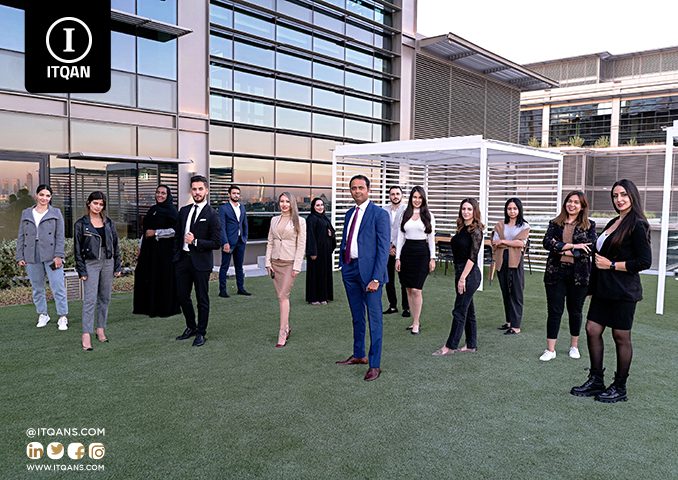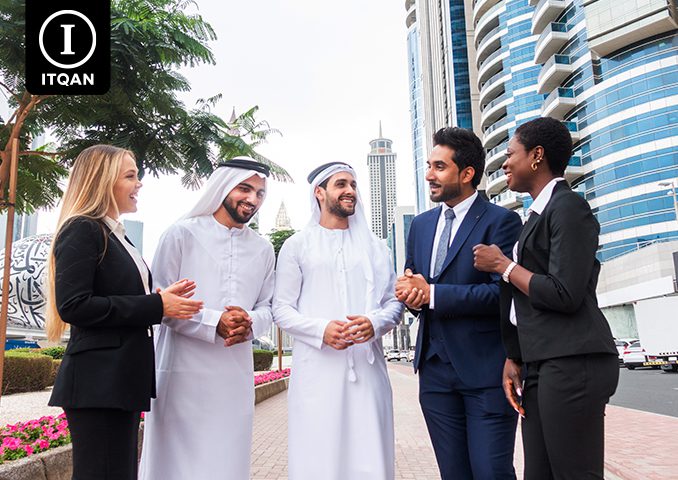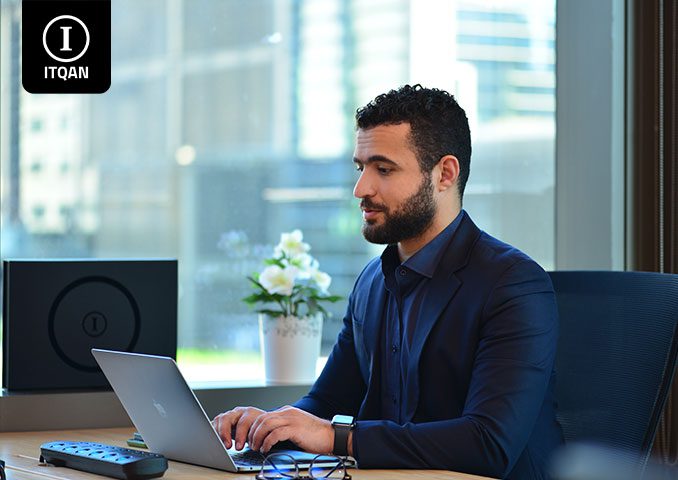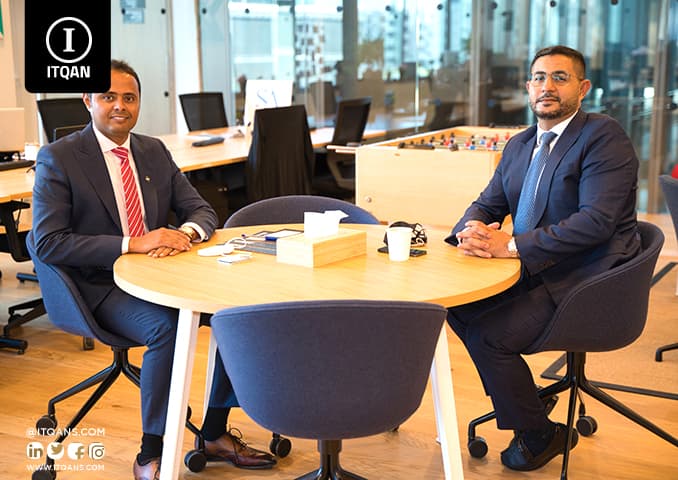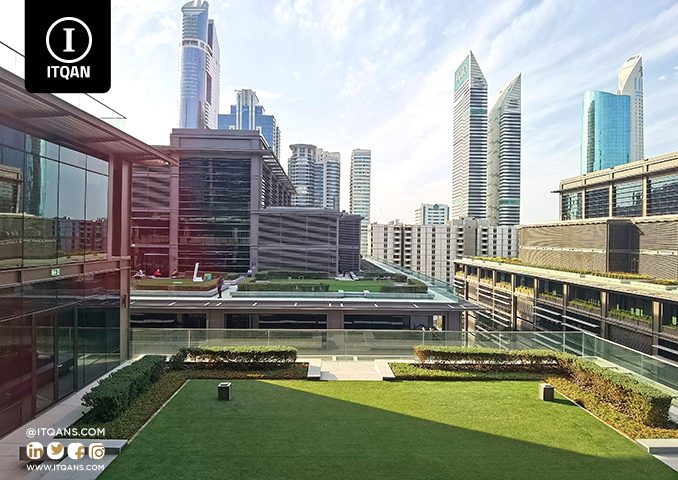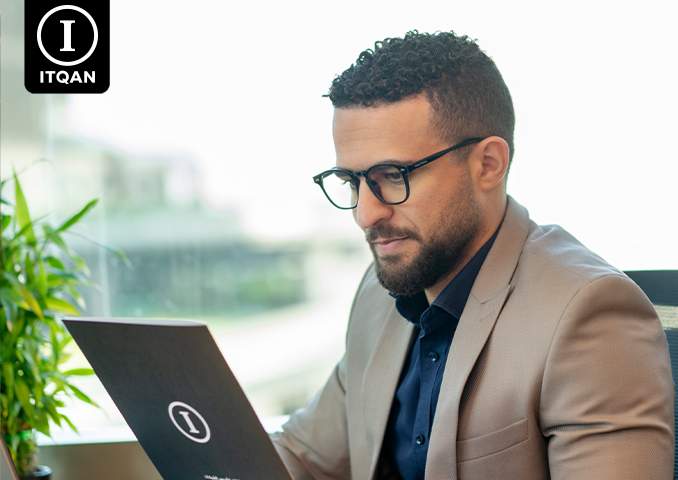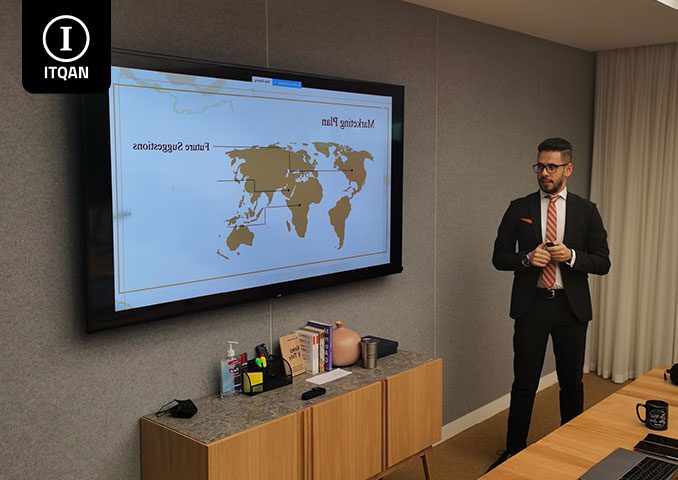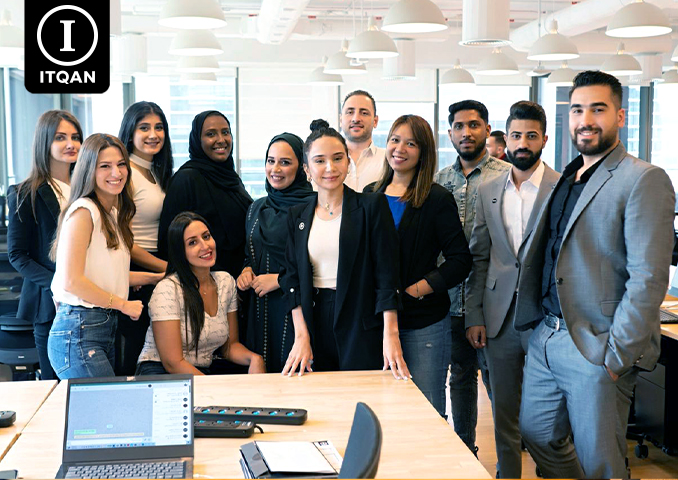Free Zones in the UAE – Business setup in Free Zones
The United Arab Emirates has established a well-developed infrastructure, with 50 free zones covering various sectors and major business activities in the industrial, commercial, health, technology, education, engineering, technical and other fields.
Learn more about the various free zones in the United Arab Emirates and discover different activities that you can start in each of them:
ABU DHABI
- Abu Dhabi Airport Free Zone (ADAFZ)
- Abu Dhabi Global Markets (ADGM)
- Media Zone Authority
- Khalifa Port Industrial Zone Abu Dhabi (KPIZ)
- Masdar City Free Zone
- Twofour54
Dubai
- Dubai Airport Free Zone
- Dubai Auto Zone
- Dubai Biotechnology & Research Park (DuBiotech)
- Dubai Car and Automotive City Free Zone (DUCAMZ)
- Dubai Design District
- Dubai Flower Center
- Dubai Gold and Diamond Park
- Dubai Healthcare City
- Dubai Industrial City (DIC)
- Dubai International Academic City
- Dubai International Financial Centre
- Dubai Internet City (DIC)
- Dubai Knowledge Village
- Dubai Logistics City
- Dubai Media City
- Dubai Multi Commodities Centre
- Dubai Outsource Zone
- Dubai Silicon Oasis
- Dubai Science Park
- Dubai Studio City
- Dubai Techno Park
- Dubai Textile Village
- Dubai Technology and Media Free Zone
- International Media Production Zone
- International Humanitarian City
- Jebel Ali Free Zone
- Jumeirah Lakes Towers Free Zone
- Dubai South or DWC
- Dubai Production City
Sharjah
- Hamriyah Free Zone
- Sharjah Airport International Free Zone
- Sharjah Media City Free Zone (Shams)
Ajman
- Ajman Free Zone
Ajman Media City Free Zone
Ras Al Khaimah
- Ras Al Khaimah Economic Zone (RAKEZ)
Fujairah
- Fujairah Free Zone
- Fujairah Creative City
- International Free Zone Authority (IFZA)
Umm Al Quwain
- Umm Al Quwain Free Trade Zone (UAQFTZ)
Free Zone Benefits:
Free zones are commercial zones established with the purpose of increasing commercial traffic and encouraging local and foreign investment, by providing large commercial facilities to stimulate labor movement, encourage the establishment of companies, and attract capital.
The United Arab Emirates was very interested in investment, as it established the first free zone in 1985 in Jebel Ali, which was the right start on which international standards and the models according which many free zones were established in the UAE in general, and the Emirate of Dubai in particular, which has become one of the largest leading cities In the field of investment in free zones, since it offers many advantages:
- Full ownership of companies up to 100% for foreign investors
- Providing complete freedom for the investor to choose employment without being bound by the rules and laws of sponsorship and employment
- Granting various and distinct customs and tax exemptions on exports and imports to investors in the UAE free zones
Operational requirements to set up a business in the free zone
The free zone administration has worked hard to organize businesses and set the plans and designs accompanied, and obligated the companies operating there to abide by the international commercial laws accredited in the free zones at the external level in the fields of export and import,
The operational facilities services provided by the free zones include furnishing offices with good office space with multiple options for furnished or semi-furnished spaces.
After fulfilling all the requirements related to the licenses and approvals by the investor and starting work, the Free Zone Authority activates the rest of the vital services required by the business, such as electricity connections, laying water lines, etc. It also provides
- One type of internal support is providing information and technology services and ensuring their continuity
- Integrating communication devices and connecting internet networks that meet standard specifications and are high-speed
- Network connections and wireless technologies
- Marketing and Advertising Services are available
Freezone labor laws:
The UAE has enacted a number of rules and regulations to ensure the country’s continued success in luring investment to its free zones and maintaining its worldwide leadership.
In line with Federal Law No. 8 of 2004 on Financial Free Zones, certain federal laws apply to all free zones in their different locations.
Advertising and announcement services are offered as support services to the investor in the free zones.
UAE applies many policies that govern advertising and announcements operations, all of which are ruled by laws and regulations that fall under the authority of the economic Development Services. In the event that businesses launch adverting campaigns, the campaigns must be approved by the transportation authority pr the municipal authorities, whether the campaigns are promotional for transportation, road signs, or any other means.
Banned items in free zones
The UAE has set a list of prohibited goods for certain entries banned from entering free zones and markets, and these goods have been banned according to their origin and material. the list has been set according to the provisions of the Common Customs Law of the Gulf Cooperation Council Countries, or any other federal law regarding these goods, importing, storing, or transporting any of the materials classified as prohibited goods is considered as a crime sanctioned by law in the UAE.
Banned Freezone goods include:
- Non-authorized military weapons, ammunition, and explosives.
- Flammable goods, other than operating fires, and goods permitted by the Superintendent of Free Zones and Markets, under specified conditions
- Drugs of all kinds and their derivatives
- Radioactive materials
- Goods originating from States of economic boycott
- Goods that violate the laws for the protection of commercial, industrial, artistic, and literary property.
Freezone customs import terms
- Importer’s Access to Customs-Imported Code
- imported goods should match the activity of an enterprise authorized to operate within free zones
- The time of arrival of imported goods in the free zone does not exceed 72 hours from the date of customs declaration
- Not to open, change or dispose of the goods by the licensee prior to their arrival
- All goods are subject to inspection as they enter the free zone
- Payment of incomplete document insurance, in case that the client is unable to produce the required documents, the amount does not exceed 500 dirhams.
- The company or commercial entity operating in the free zone authorized to import from abroad shall be exempt from payment of customs duties unless goods are transported from the free zone to various other free zones in the United Arab Emirates.
In order to facilitate the mission for investors and employers, the State has provided several port warehouses and allocated them to companies wishing to store their imported goods or those wishing to re-export them. A duty insurance payment must be made and recovered upon re-export.
We at ITQAN, have a team of experts specializing in corporate registration issues in all the free zones of the Emirate. Contact us now to help you set up your business



